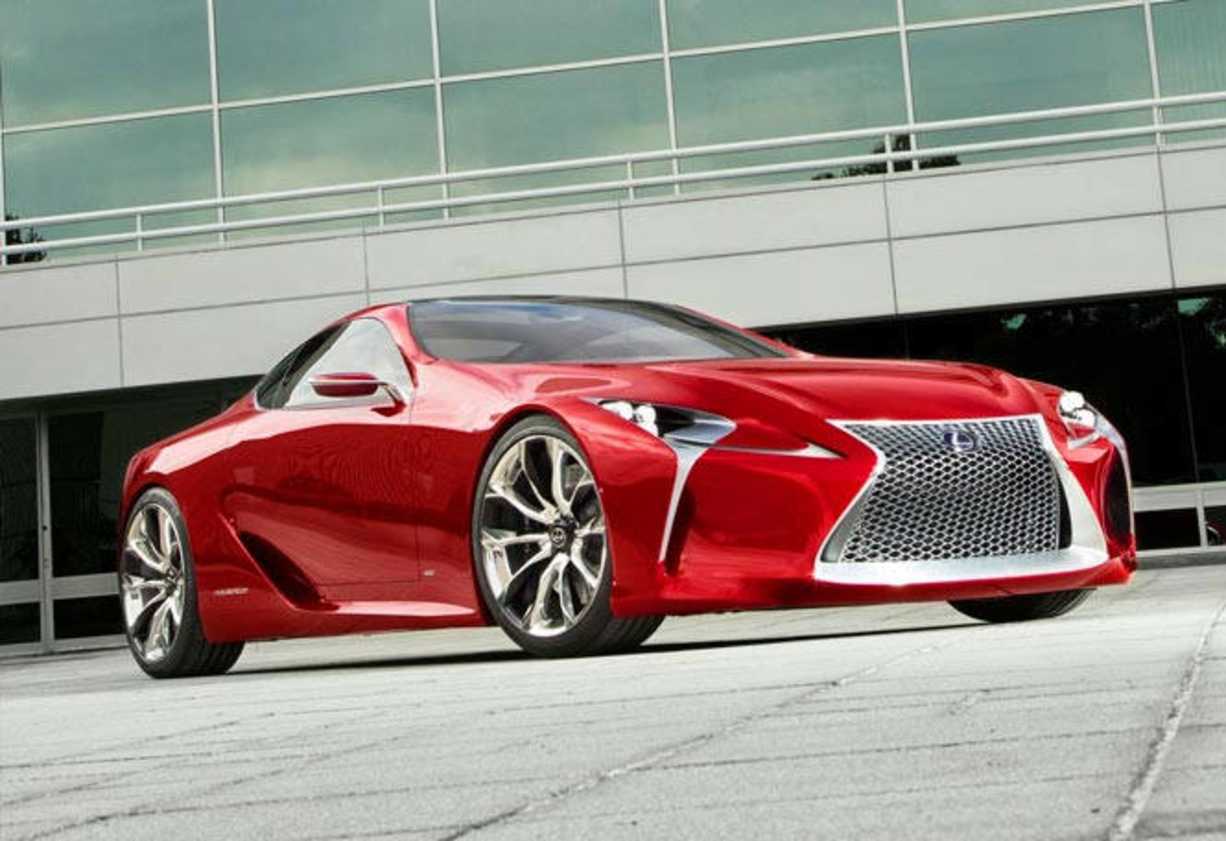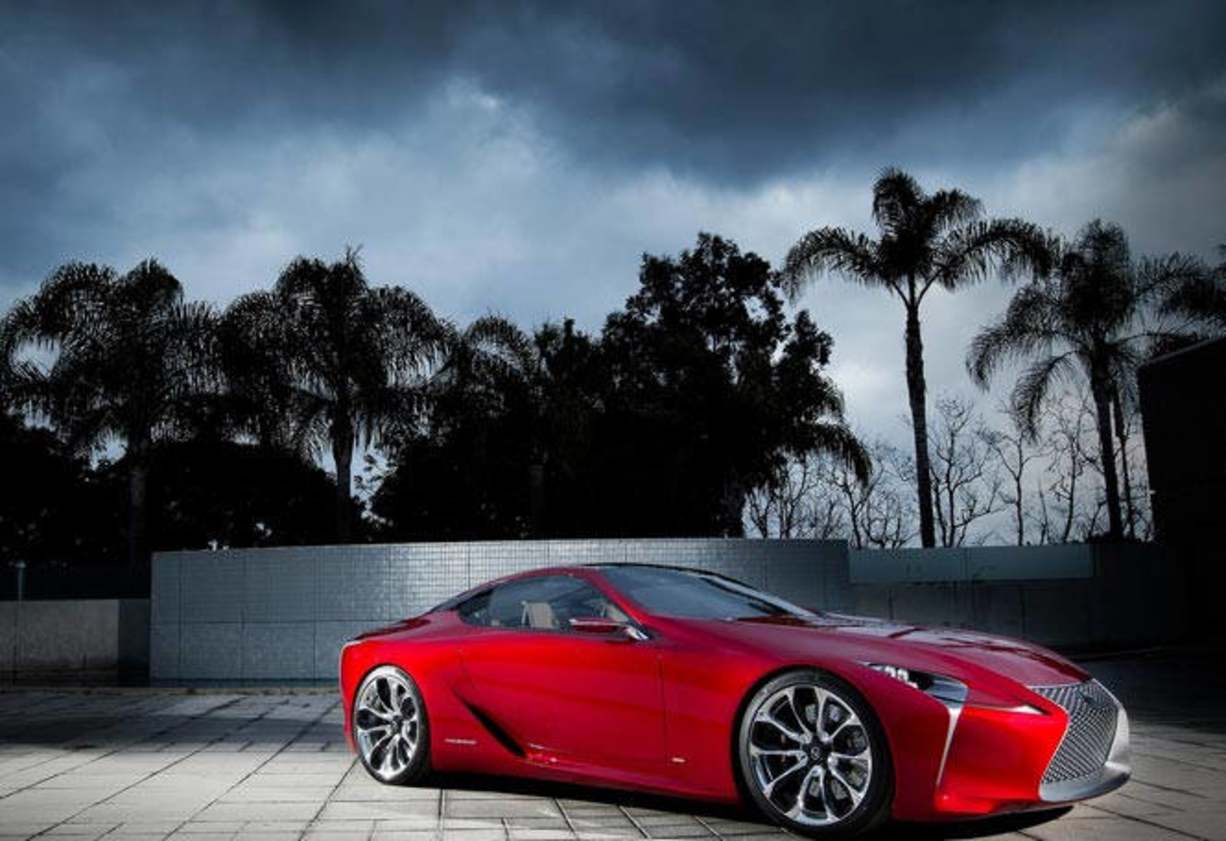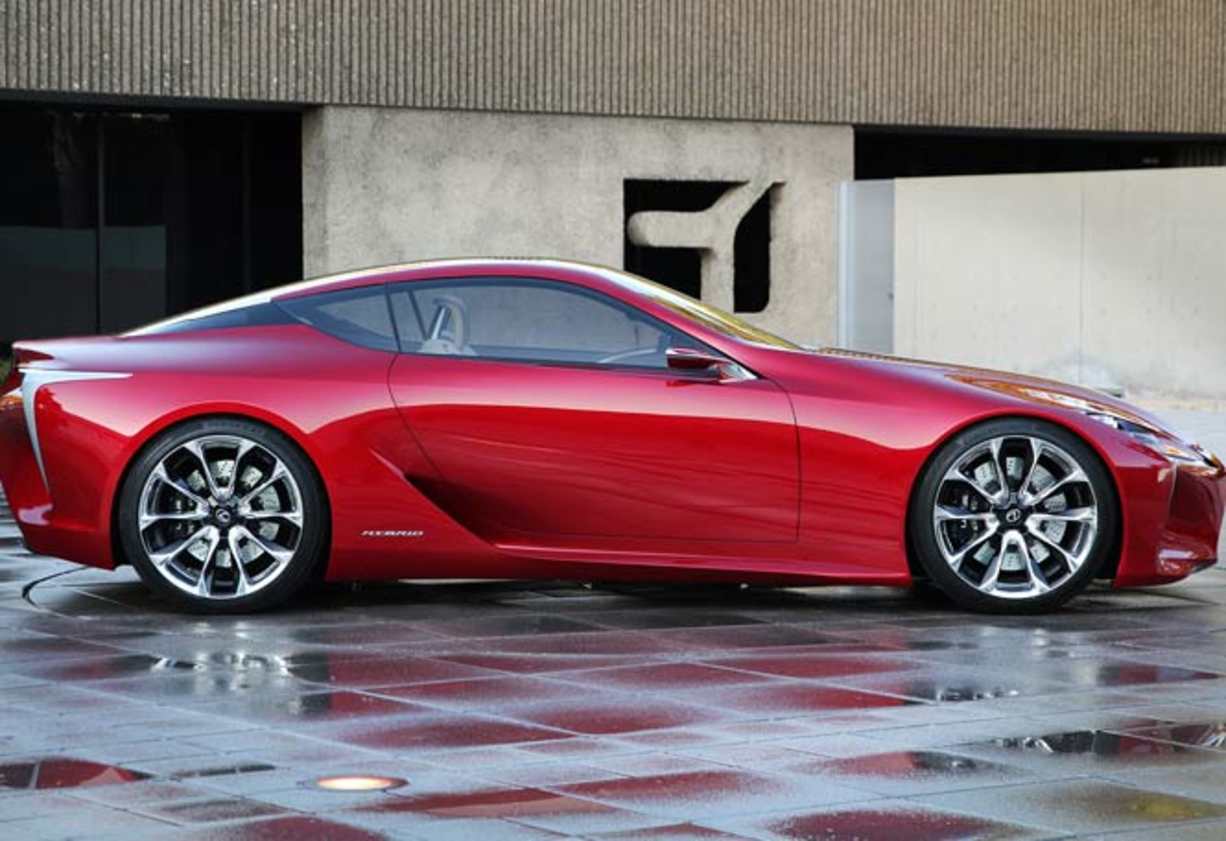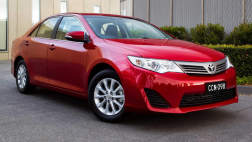The Japanese brand is promising more two-door style cars as it works to 'emotionalise' a brand that's better known for its quality and efficiency.
Coupes have been targeted as a breakthrough point by the company's global head of product and marketing planning, Karl Schlicht, who talks with Carsguide after the unveiling of the Lexus LF-LC concept at the Detroit motor show.
The good looking LF-FC was designed at Toyota's CALTY design studio in the USA, is named as the best concept car at the show, and has a good chance for production if potential customers push Lexus hard enough.
"We said we need to change and with that we said we needed some coupes to emotionalise the lineup," Schlicht says.
"We do believe that if we change direction with our brand it's easier to do with a coupe, to make a statement. In the near future you're going to see an IS-based coupe. If you guys write some nice things about this red car out here we're probably going to get that one."
The American executive admits that a Japanese approach to luxury cars, which worked well at first with the original LS400 in 1989, left Lexus struggling as its rivals got going with cars that provided more emotion. But there have been changes.
Recently, Toyota chief Akio Toyoda has even become the Lexus brand champion in Japan and has cut through the complicated decision making process that stymied development of cars to move the brand forward.
"We needed to emotionalise the brand more. We weren't going to stay stale and boring. We're not going to become the next Cadillac," he says.
"In the last couple of years we've developed the changes you're seeing now. We said we need to change direction. We put together what we call a Compass Plan."
The all-new Lexus GS coming to Australia is a good example, he says, of the change. The car was almost killed - twice - before engineers got the right combination of luxury and driving enjoyment to move beyond the fuddy-duddy first model.
Schlicht also admits that Lexus concentrated on sales in the USA at the expense of other countries including Australia.
"The fact that we succeeded in the US was a strength and a weakness. We rode that baby boomer market in the US extremely well. However, you sorta get a bit of a blind spot to the rest of the world," Schlicht says.
"I'm being very onest with you, the sucess in the US was fantastic ... and why we're still here. But we developed a few blind spots and maybe we were slow to react to that."
In future, he promises a company that's faster on its feet, more focussed and with cars that have more style - and more substance.
"We shouldn't be a replication of Toyota. We only sell half a million cars," Schlicht says.
"For too long, we had design reviews with 100 people judging. It doesn't do anything. We think we can make a huge statement on the new direction with coupes."




.jpg)






























































.jpg)

 (1).jpg)







.jpg)